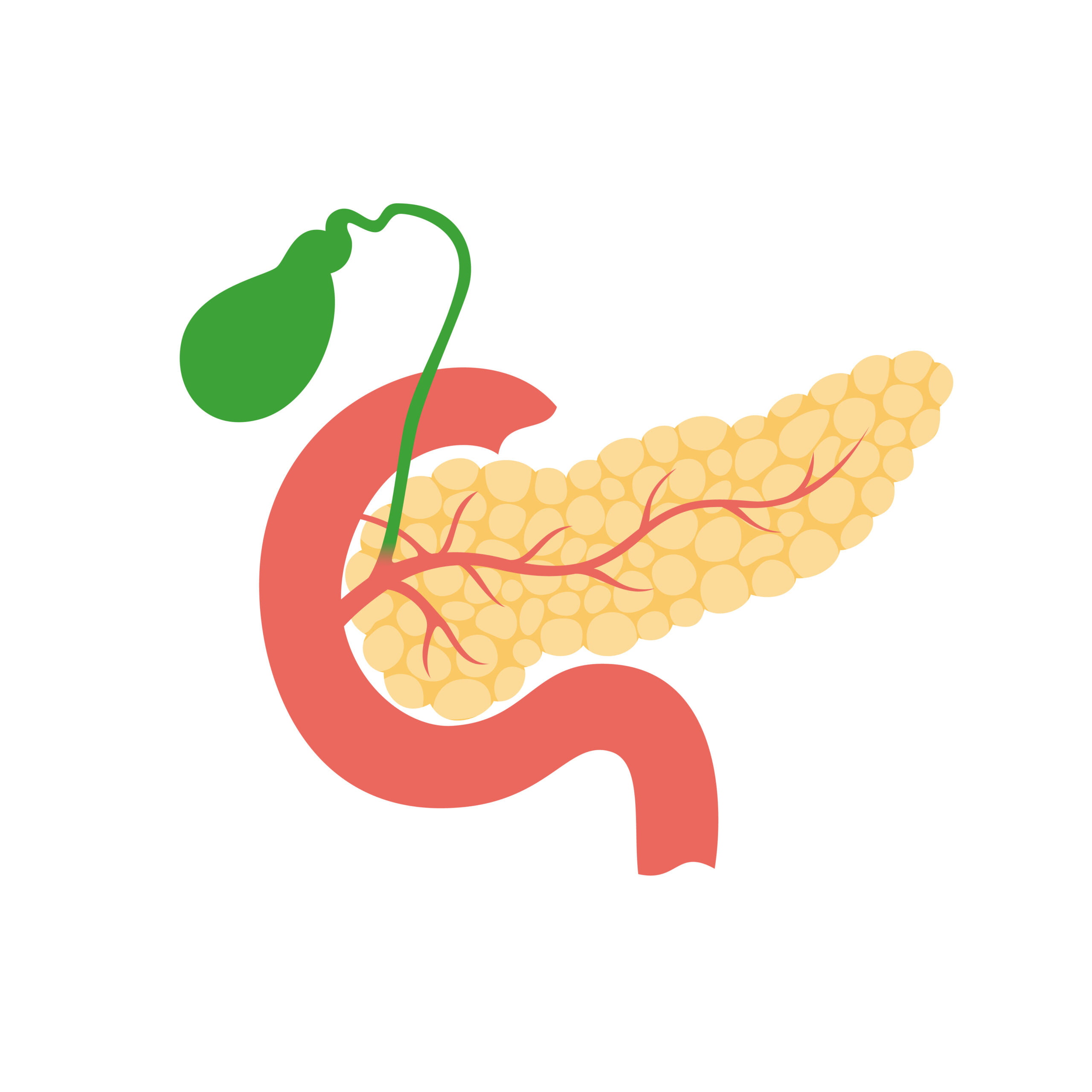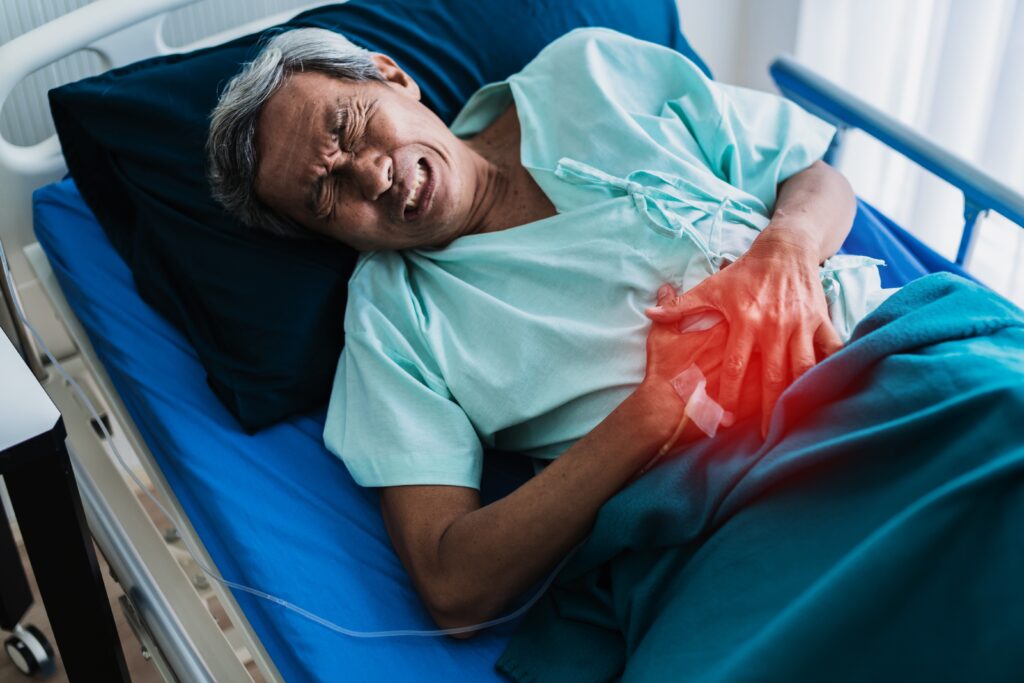Treatment Modalities
- Surgery (removal of tumor)
- Chemotherapy
- Radiation therapy
- Targeted therapy
- Immunotherapy
Coping With Treatment
- Seek emotional support from friends, family, or support groups.
- Consider counseling or therapy to cope with the emotional impact.
- Focus on maintaining a healthy lifestyle to support overall well-being.








